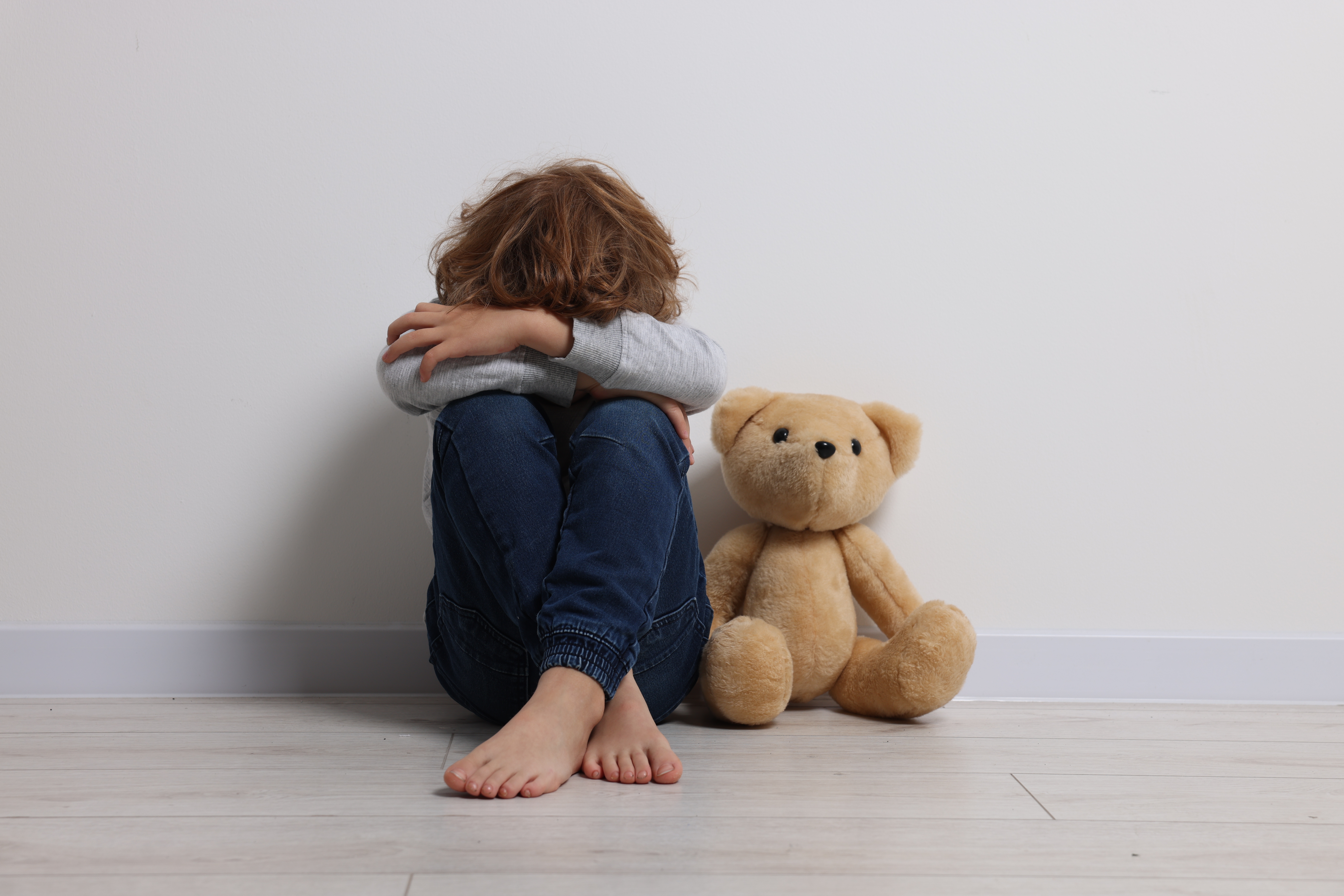
5 minute read
LB156: A Step in the Right Direction
On May 4, 2024, the Nebraska Supreme Court decided the case of Joshua M. v. State, 316 Neb. 446 (2024). In her dissent, Justice Lindsay Miller-Lerhman wrote:
“[T]he complaint and record show claims of abuse and injuries that are independent of and do not arise from assault and battery. The complaint and record show that in addition to the beatings and sexual assaults, DHHS failed to remove the siblings from the foster home when it had ‘actual’ notice of the abuse; that for many years, the caseworker ‘ha[d] been trying to report abuse/neglect’ by the foster parents; and that the foster parents warned the siblings that if they reported the abuse and it were investigated, ‘the only thing they’ll be picking up is a dead body.’” Joshua M. v. State, 316 Neb. 446 (2024).
“[T]he siblings, along with others reporting on their behalf, sought help from therapists and DHHS, but were not successful at changing the escalating abuse.” Joshua M. v. State, 316 Neb. 446 (2024).
A majority Per Curiam opinion of our Supreme Court determined that the plaintiffs – minor children who were sexually and physically assaulted and abused by their foster parents, of which DHHS had actual notice – could not bring a negligence claim against DHHS, and the State of Nebraska, for their horrible injuries.
The plaintiffs had alleged negligence in the conduct of the state actors. They did not allege an assault, or other intentional conduct. They alleged a failure of the duty of ordinary care by state actors, to protect them from harm. (The same breach of duty for which parents lose custody of their children every day, in this state, ironically, resulting in child placement in foster care. See, e.g. State v. Gary L. (In re Sireyha B.), 2019 Neb. App. LEXIS 139 (Neb. Ct. App. Apr. 29, 2019); State v. Yolanda A. (In re Interest Messiah T.), 279 Neb. 900, 782 N.W.2d 320 (2010)).
The Supreme Court did not even acknowledge that DHHS failed these kids, nor did the Court deny it. The Court, in cold and bureaucratic language, found the state was immune because the children were victims of intentional conduct, which is right there, in the immunity statute.
“There is no debating that the abuse of a child entrusted to the foster care system is deplorable. If the Legislature determines, as a matter of public policy, that tort recovery should be allowed against the State or its political subdivisions for at least some claims arising out of assault or battery, it can narrow the scope of the current exemption under the STCA and the PSTCA through the usual lawmaking process.”
Joshua M. v. State, 316 Neb. 446 (2024).
The interpretation of this state’s sovereign immunity statute by the Nebraska Supreme Court in Joshua M. is a dangerous wave of the judicial wand that overturned precedent going back to 1977. K oepf v. County of York, 198 Neb. 67, 251 N.W.2d 866 (1977).
This decision by our Supreme Court will not be corrected by “the right set of facts,” brought on appeal, to correct this one-off decision. You read it, in their own words. The only way to correct this frightening development in the law is legislatively.
Overturning the entire impact of this decision, and its predecessor, Moser v. State, 307 Neb. 18 (2020), will take a consistent, methodical application of will upon the legislature.
In 2023, the Legislature began this work by passing LB25 (with no votes to spare). This bill was the first step in protecting our children. With this law, public schools would be accountable for predatory teachers whose dangerous criminal backgrounds, or sketchy work histories, warn of the looming danger. Our Governor vetoed that law!
A veto override was not possible.
Presently, LB156, introduced by Sen. Danielle Conrad will once again answer the Supreme Court’s challenge to correct their judicial legislation. This is the same bill passed by the Unicameral in 2023.
Public hearing is scheduled in the Judiciary Committee for March 26, 2025.
I am not the chair of NATA’s Legislative Committee, but I am using my column to support the committee and as a call to action.
The Judiciary Committee is persuadable. However, they need to see overwhelming support for this bill. Please, reach out to your Senator. Please, contact the chair of the Judiciary Committee, Sen. Carolyn Bosn, and encourage her to vote the bill out of committee.
Better yet, attend the hearing. Ask your clients and friends to attend. Though you may not have been affected by the issue in the Joshua M. case, you cannot escape it’s reach.
A study conducted by the Crimes Against Children Research Center found that 1 in 10 children will experience sexual misconduct by a school employee by the time they graduate high school. In an average classroom, that is 2 or 3 kids.
The impact of this legislation touches every Nebraskan with a son, daughter, niece, nephew, grandchild, or neighbor who attends a public school.
I hope you will join NATA and show your support for the effort to make our schools safer.





